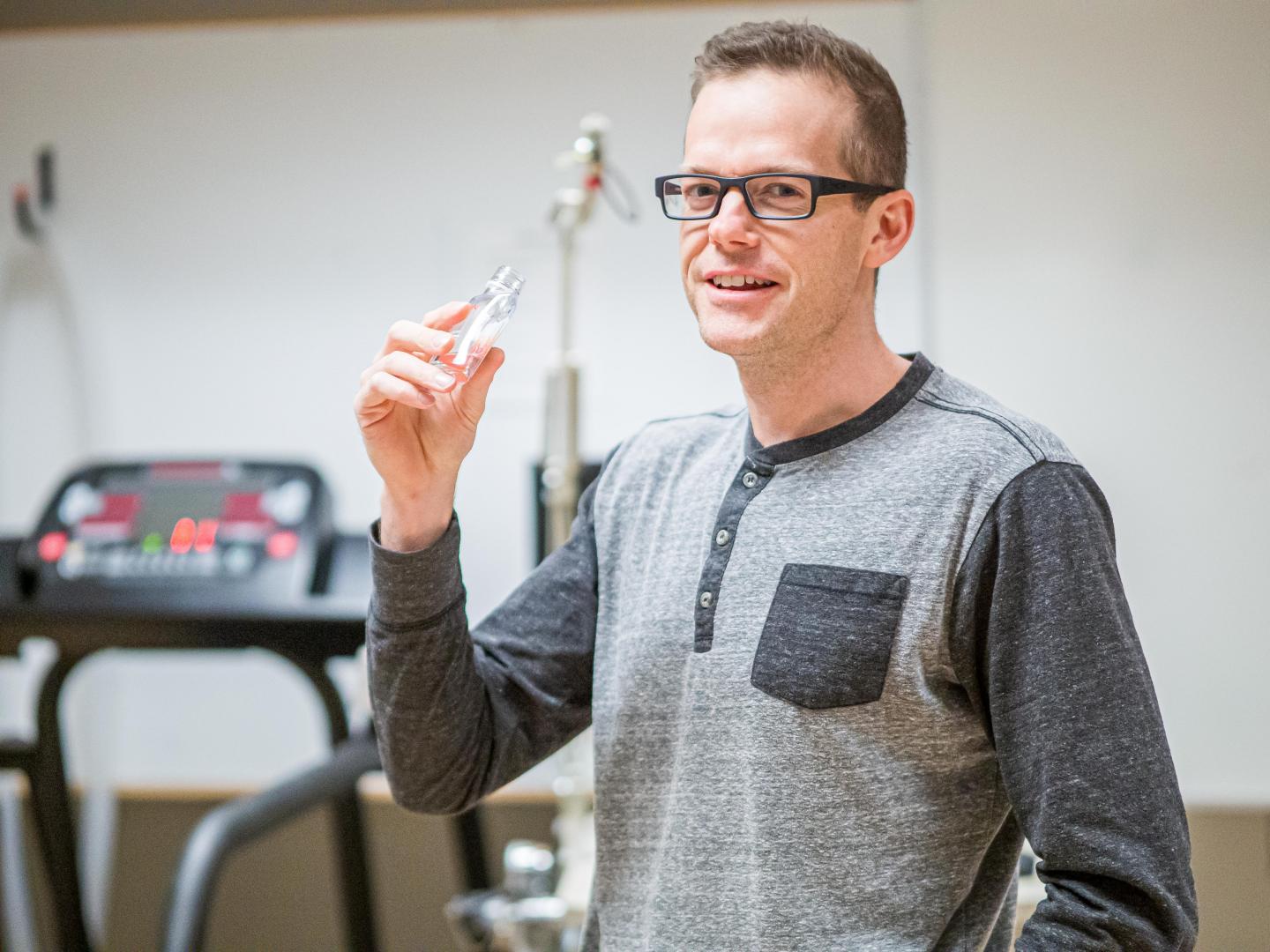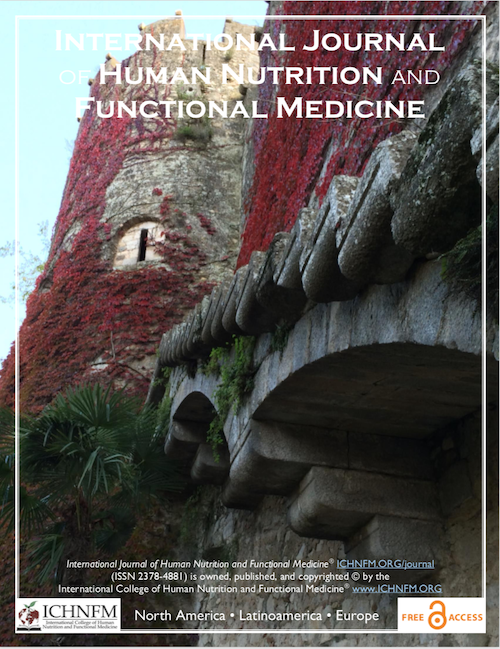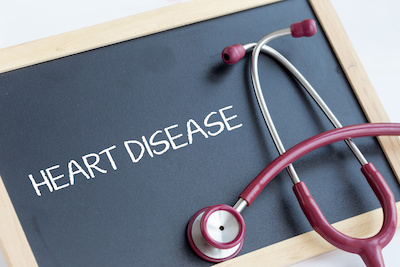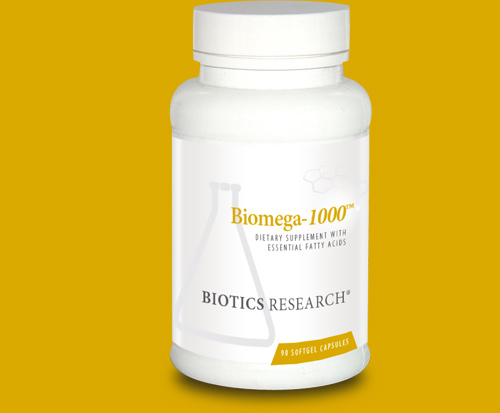DHA Supplement May Offset Damaging Outcomes of Maternal Stress on Unborn Males in Early Development
Neurodevelopmental disorders like autism and schizophrenia disproportionately affect males and are directly linked to early life adversity caused by maternal stress and other factors, which might be impacted by nutrition. But the underlying reasons for these male-specific impacts are not well understood. Researchers from the University of Missouri School ofRead











